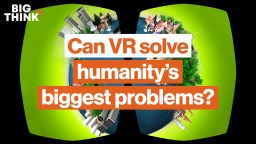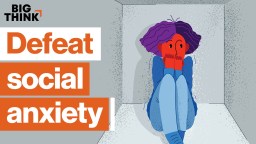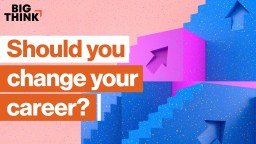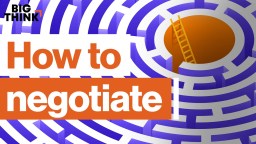emotions
Virtual reality is more than a trick. It’s a solution to big problems.
▸
11 min
—
with
Symptoms of mental illness in children are often dismissed as “going through a phase.”
Technology is an important tool, but it will take an ecosystem of educators, students, and caregivers to make the most of it.
▸
9 min
—
with
Leaning too far in either direction is a recipe for stagnation and perhaps even failure.
▸
15 min
—
with
There are pros and cons to owning a pet as a marginalized individual.
The improvement in personal well-being might be worth effort.
The goal of this large-scale study was to provide actionable information on how to avoid depression or decrease depressive symptoms.
More people are looking up panic and anxiety attacks in quarantine.
Firsthand accounts of what it’s really like to go to and come back from space.
▸
14 min
—
with
New research conducted on the brains of mice suggest it may be possible to “switch off” particular food cravings.
Some anxiety is natural, but it doesn’t have to control your life.
▸
11 min
—
with
Researchers are using technology to make visual the complex concepts of racism, as well as its political and social consequences.
▸
5 min
—
with
Reaching beyond the stereotypes of meditation and embracing the science of mindfulness.
▸
20 min
—
with
Emotional intelligence is a skill sought by many employers. Here’s how to raise yours.
Several experts have weighed in on our sometimes morbid curiosity and fascination with true crime.
Finding a balance between job satisfaction, money, and lifestyle is not easy.
▸
14 min
—
with
You may be surprised at how your body and brain react to this type of pleasure.
Getting what you want often requires choosing the right strategy.
▸
26 min
—
with
What happens when someone you respect doesn’t treat others with dignity?
▸
4 min
—
with
Addiction is not a moral failure. It is a learning disorder, and viewing it otherwise stops communities and policy makers from the ultimate goal: harm reduction.
▸
19 min
—
with
Can thinking about the past really help us create a better present and future?
Many of the most popular apps are about self-improvement.
Chronic irregular sleep in children was associated with psychotic experiences in adolescence, according to a recent study out of the University of Birmingham’s School of Psychology.
Do we really know what we want in a romantic partner? If so, do our desires actually mean we match up with people who suit them?
With the most common form of female sexual dysfunction impacting 1 in 10 women, this important study dives into how to keep a relationship going despite having different needs and wants in the bedroom.
According to a licensed clinical psychologist, we need to change the way we define narcissism in order to recognize it more clearly for what it really is.
A 2017 University of Wisconsin-Madison study was the first of it’s kind to show structural differences in the psychopathic brain.
Three scientists examine three dimensions of psychopathy: neurological, social, and criminal.
▸
12 min
—
with
Research suggests we need to create a new kind of work-life balance to prevent burnout while working from home.
Reveri Health has launched a new stress-relief self-hypnosis program through Amazon Alexa to help combat the anxiety of COVID-19.





























